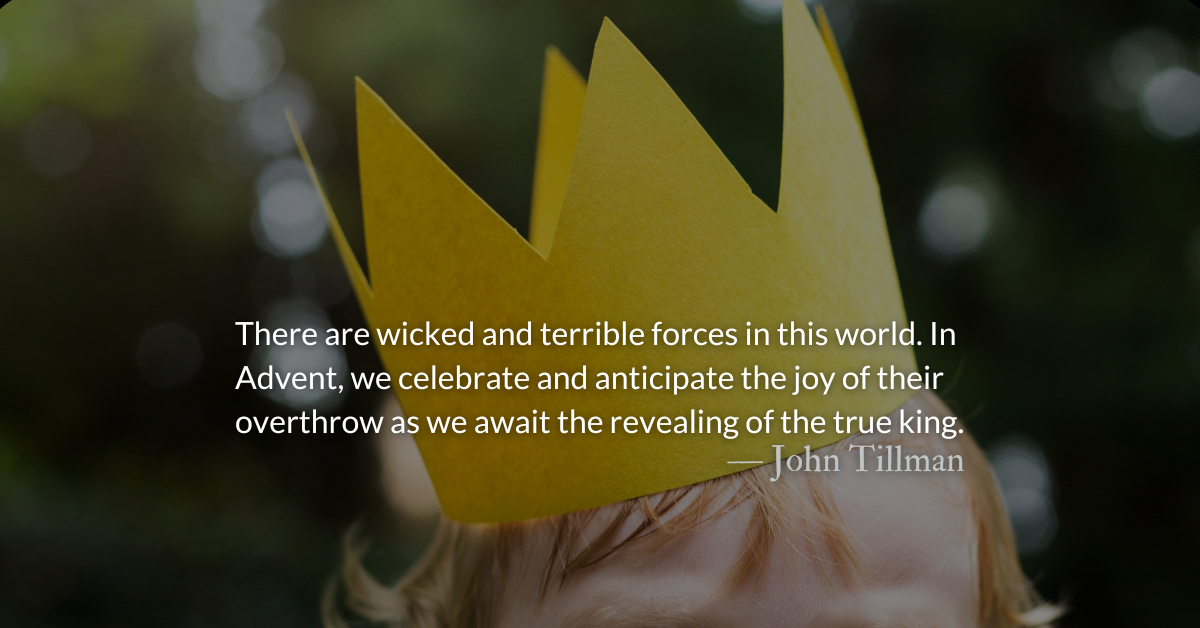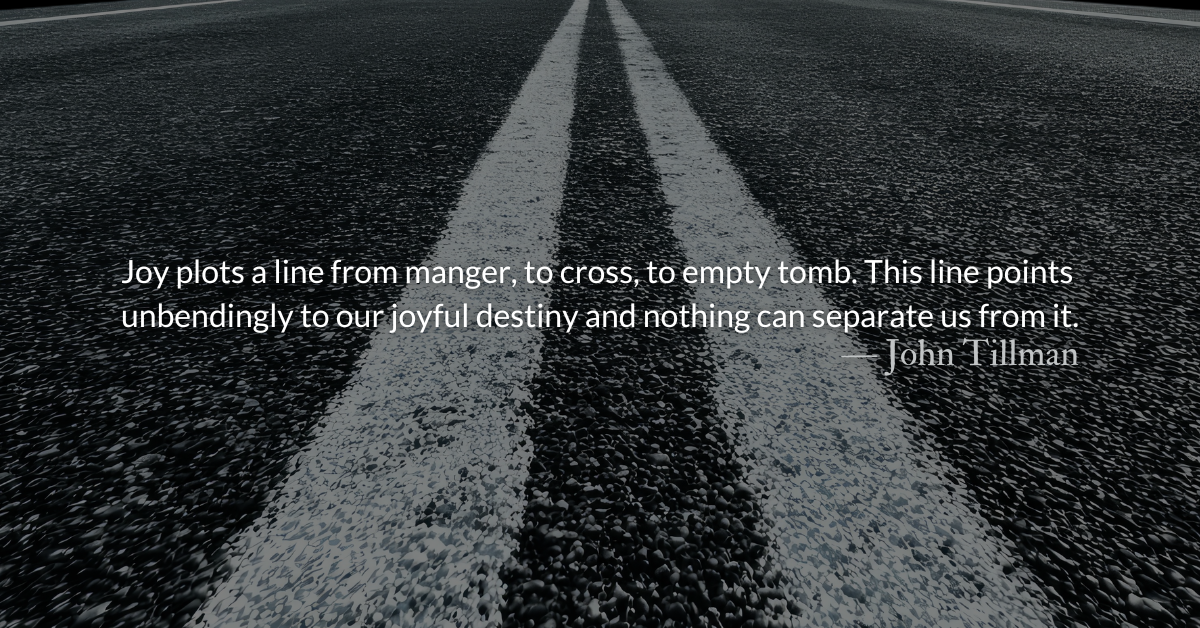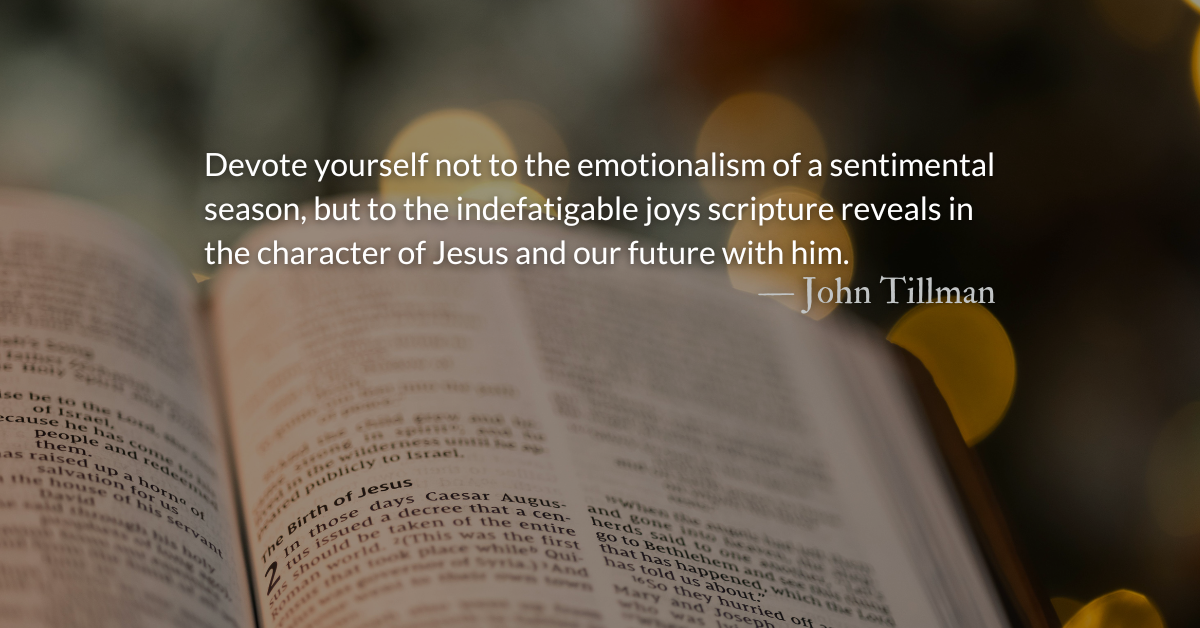Links for today’s readings:
Dec 22 Read: 2 Chronicles 26 Listen: (4:00) Read: Psalms 135-136 Listen: (5:03)
Scripture Focus: Psalm 135:13
13 Your name, Lord, endures forever,
your renown, Lord, through all generations.
14 For the Lord will vindicate his people
and have compassion on his servants.
Psalm 136:23-26
23 He remembered us in our low estate
His love endures forever.
24 and freed us from our enemies.
His love endures forever.
25 He gives food to every creature.
His love endures forever.
26 Give thanks to the God of heaven.
His love endures forever.
Matthew 1:20-21
20 But after he had considered this, an angel of the Lord appeared to him in a dream and said, “Joseph son of David, do not be afraid to take Mary home as your wife, because what is conceived in her is from the Holy Spirit. 21 She will give birth to a son, and you are to give him the name Jesus, because he will save his people from their sins.”
Reflection: Call Him by Name — Love of Advent
By Jon Polk
Many of Isaiah’s Messianic prophecies have been enshrined in popular consciousness thanks to the magnificent work of George Frideric Handel. Take, for example, the names of Jesus from Isaiah 9:6 sung by the chorus in “For Unto Us a Child Is Born” from Handel’s Messiah:
…and His name shall be called
Wonderful Counselor, the Mighty God
the Everlasting Father, the Prince of Peace…
Names are significant. The psalmist proclaims that God’s name and great renown will last forever, surpassing all earthly generations (135:13). In ancient Jewish thought, a name was tightly woven with the character of a person, capturing their essence, reputation and authority.
In Matthew’s Nativity account, the angel instructs Joseph to give Mary’s child the name Jesus, “because he will save his people from their sins” (1:21). Jesus is the Greek form of the Hebrew name Joshua, which means “the Lord saves.”
Jesus, literally “the Savior,” is…
Wonderful Counselor. Jesus is a compassionate counselor to his people, healing their afflictions and listening to their broken hearts. Jesus meets our needs, gently guides our steps, and imparts divine wisdom. As the psalmist notes of God, “he remembers us in our low estate” (136:23), walking alongside us in our times of need.
Mighty God. Jesus, while completely human, is also fully God, and being fully God, he is all-powerful. Jesus comes to our rescue, protects us from harm, and in an ultimate act of power and might, lays down his own life for ours. As the psalmist states, “he frees us from our enemies” (136:24), chief of which is our enslavement to sin.
Everlasting Father. Jesus, as God, exists eternally, without restraints due to time. Jesus, as a good father, provides for us, his children, and weeps with us in our anguish and pain. Jesus’ heart beats with a fatherly love for us. As the psalmist declares, “he gives food to every creature” (136:25), demonstrating paternal care.
Prince of Peace. Jesus is heavenly royalty, but not like the brutal warlords of ancient times. Jesus’ rule over the universe brings true, lasting peace, a peace that restores the broken relationship between humanity and God. It is a peace won through the sacrifice of his own life. For this, we echo the psalmist who encourages us to “Give thanks to the God of heaven” (136:26).
Consider which name and characteristic of Jesus you need most this Advent season. Call out to him with that name in confidence. Let your spirit sing along with the jubilant choir, “For unto us a child is born, unto us a Son is given!”
Divine Hours Prayer: The Request for Presence
Be my strong rock, a castle to keep me safe, for you are my crag and my stronghold; for the sake of your Name, lead me and guide me. — Psalm 31.3
– From The Divine Hours: Prayers for Autumn and Wintertime by Phyllis Tickle.
Read more: Silent Night — Carols of Advent Joy
Silent Night was born out of a period of insecurity
Consider Supporting Our Work
We need more donors just like you. Every donation, small or large, supports ad-free content that brings biblical devotionals to inboxes across the world.






